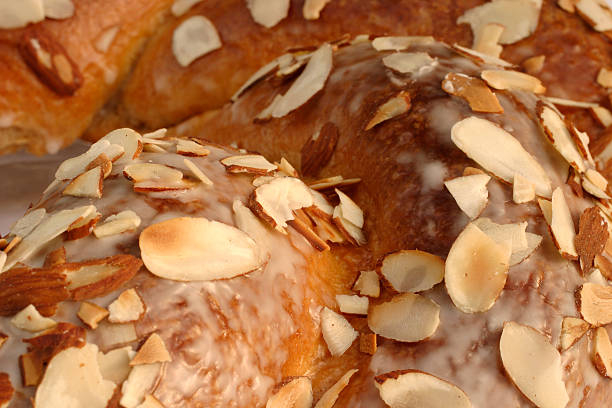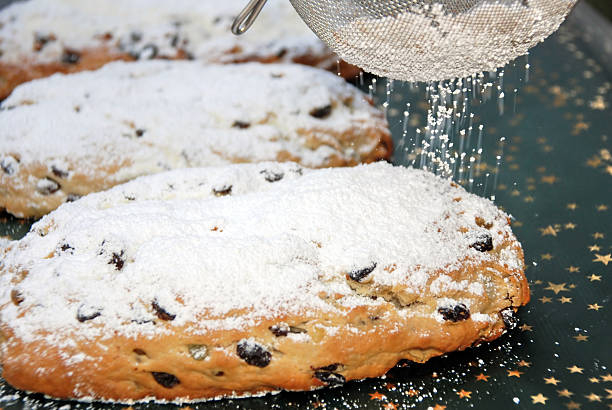Alcohol and yeast dough
Alcohol may be found in a wide range of items, including alcoholic drinks, fragrances, mouthwash, paint, varnish, and a number of cleaning solutions. While humans can take alcohol in moderation, dogs cannot, even in little doses. Tiredness, sadness, loss of muscular coordination, low body temperature, poor breathing, vomiting, and diarrhea are common symptoms that appear within an hour of intake. Too much alcohol in a dog can cause respiratory failure, convulsions, coma, and even death.
Alcohol poisoning in dogs mainly occurs as a result of the inadvertent intake of alcoholic drinks. However, a dog died of alcohol poisoning after eating a significant amount of rotting apples in one example. It's also a risk if a dog consumes uncooked yeast dough. As the yeast cells ferment, they generate alcohol, which raises a dog's blood alcohol level and can eventually lead to alcohol poisoning and death. Furthermore, the dough will expand in a dog's stomach, causing significant bloating. This exerts pressure on the surrounding organs and might make breathing difficult for the dog. It is critical that you never give your dog uncooked yeast dough or alcohol.









